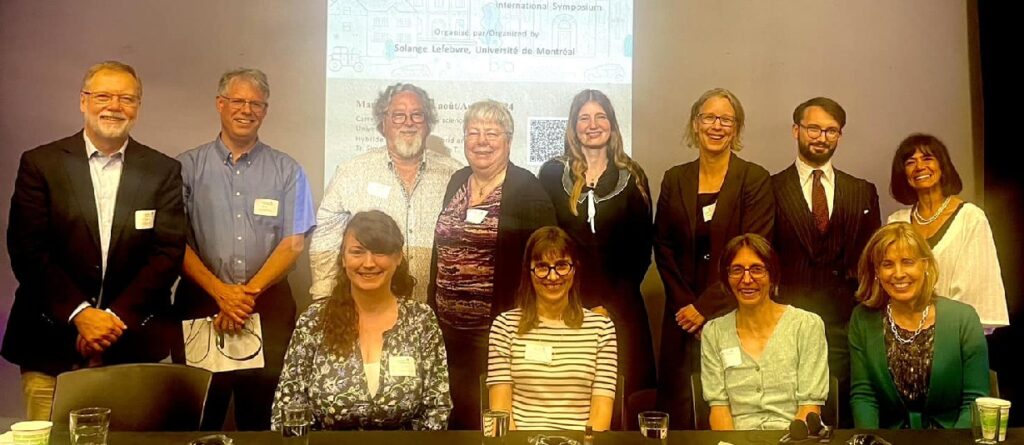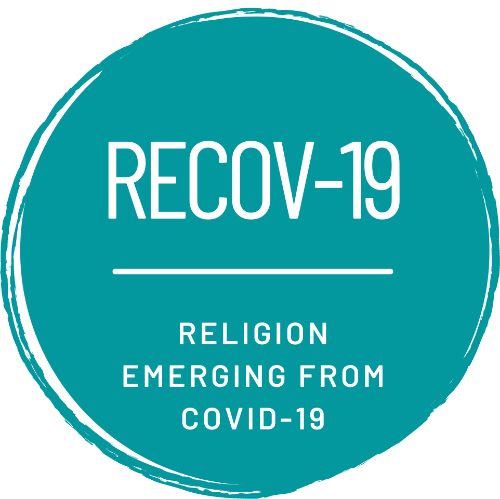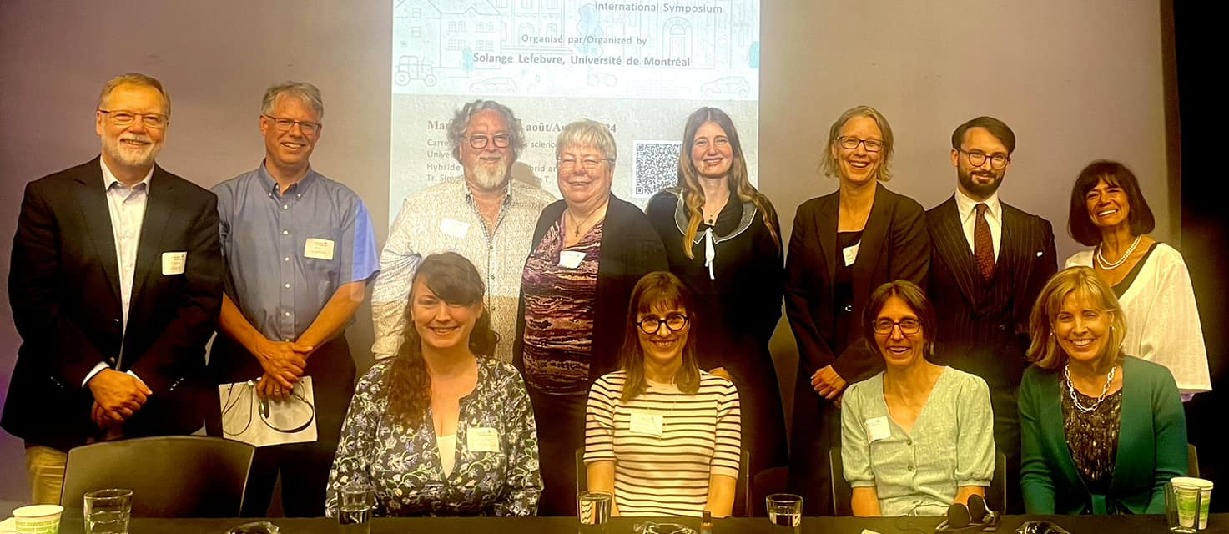The RECOV-19 team hosted a seminar for doctoral and early career researchers working on issues related to religion and Covid-19 at the University of Montreal on 14 August 2024. Three researchers were selected for the seminar via a competitive process. Their findings and insights enriched knowledge in this area; while they also benefitted from feedback and interaction with the RECOV-19 team.
Hinna Hussain, a doctoral candidate at the University of Ottawa, presented research from a digital ethnography on ‘Religious Responses to the COVID-19 pandemic in Pakistan.’ She argued that religion played a significant role in shaping public responses to the pandemic, noting that there was a reluctance to criticize religious leaders online due to fears of a backlash. The study also found that the government was indecisive on mosque closures, which indicated tensions between religious authority and public health directives. The research is part of a wider study conducted by Aga Khan University International, which compares public responses to the pandemic in Syria, Pakistan, Iran, and the UK.

Darlene McLeod, a PhD candidate at the University of Ottawa, outlined her work on, ‘Until the Walls Fall Down: An Examination of the Jericho March in Christian Nationalist Protests.’ She shared her observations from the ‘freedom convoy’ protests against vaccine mandates and lockdown restrictions in Ottawa in 2022, which were influenced by American Christian Nationalist politics. She argued that the Christian Right’s exploitation of religious freedom issues raised by the pandemic could widen its appeal.
Chris Miller, a postdoctoral fellow with the ‘Nonreligion in a Complex Future’ project, hosted at the University of Ottawa, shared the results of his research on death cafes, ‘Talking about it Won’t Kill You: The COVID-19 Pandemic, Death Awareness, and Reponses.’ Drawing on focus groups and interviews with more than 90 participants in Canada, the US, and UK, he explored the pandemic’s impact on people’s relationships to and understandings of death, sharing examples of people for whom the pandemic was a catalyst to explore issues related to death, grieving, and end-of-life planning. Ultimately, he argued that death cafes are new outlets for people to process and understand death in public, nonreligious spaces.
The seminar was an excellent platform for early-career researchers to showcase their findings and engage in constructive dialogue with peers and experts. This interaction not only facilitated the exchange of new ideas but also highlighted emerging trends and challenges in the study of religion and public health during the pandemic. Moving forward, these contributions will help shape future research and discussions in this evolving field.

